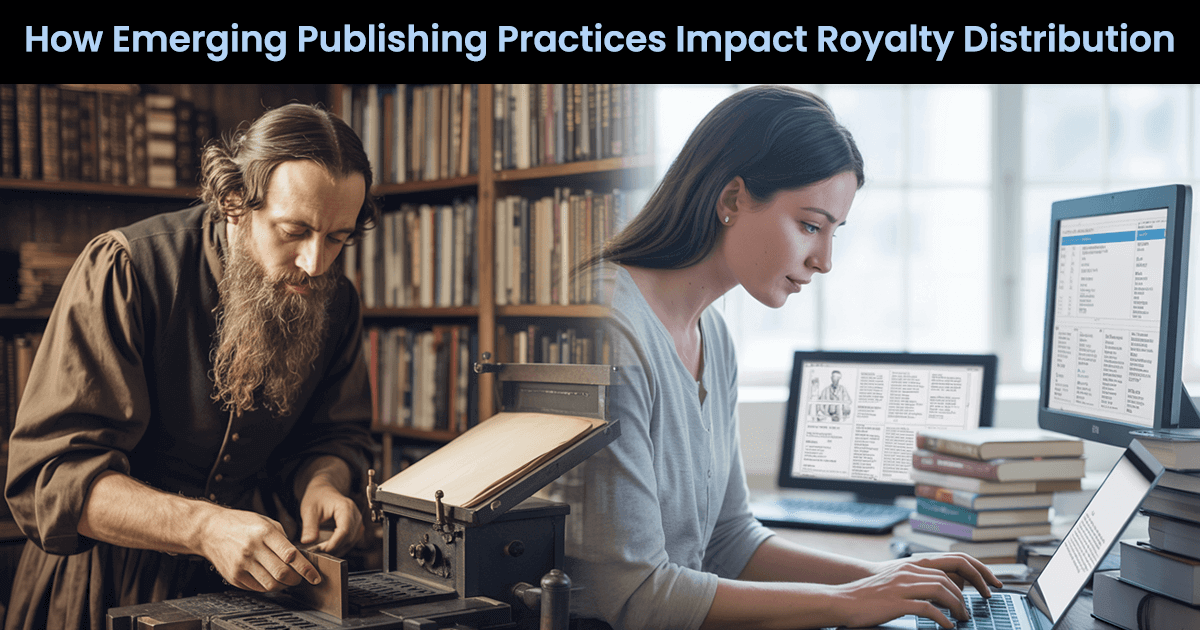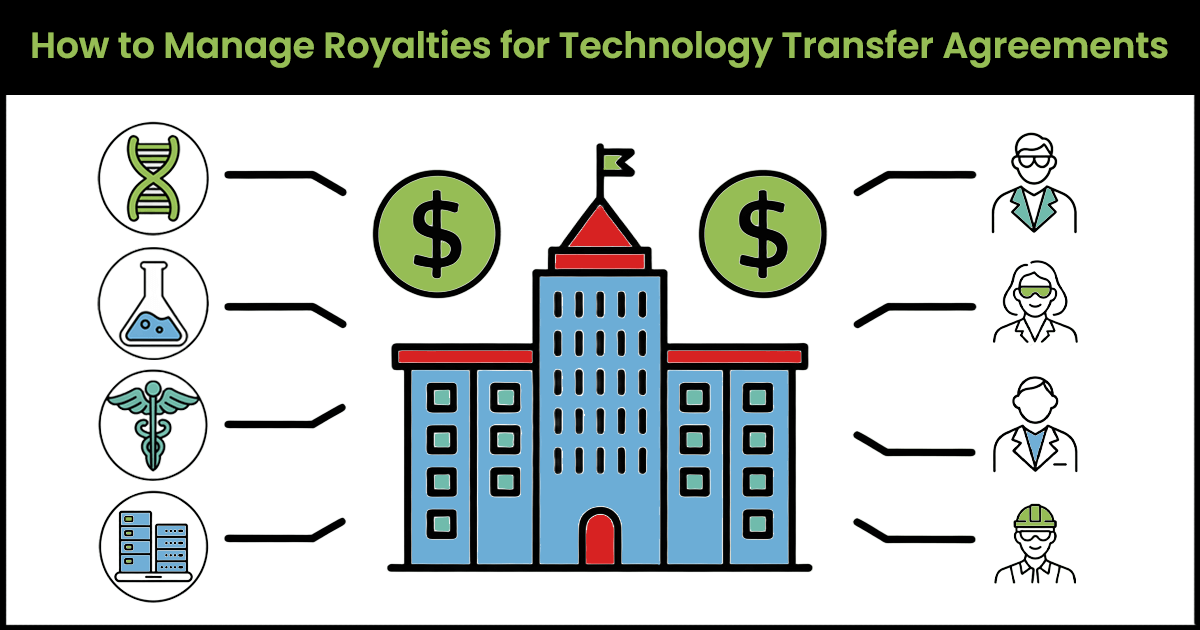
David Marlin is the President and Co-Founder of MetaComet® Systems, a prominent provider of royalty automation tools. Since founding the company in 2000, David has spearheaded the development of a suite of best-in-class systems that effectively facilitate royalty processes for nearly 200 publishers. David has also served as the chair for The Book Industry Study Group’s Rights Committee and Digital Sales Committee.
Before establishing MetaComet Systems, David served as a technology consultant for renowned publishers, collaborating with notable companies such as Random House, Penguin, HarperCollins, Holtzbrinck, Macmillan, Scholastic, Time Warner, and many others. David holds both an MBA and a BA from Columbia University in New York.

Rights Management Software for Content & Licensing
Rights management software is a tool that helps book publishers, literary agents, and other content rights holders or rights managers keep track of the rights they control, have sold, and have available to sell.

Ebook Royalties | Managing & Tracking for Publishers
Ebooks and other digital content have changed so many areas of publishing, and royalties are no exception.

Licensing Royalties Explained: Benefits, Risks & Examples
If your business has acquired the rights to use another party’s invention, creation, or intellectual property (IP), then congratulations: you are now a licensee! Licensees pay licensing royalties to a licensor when they monetize the IP they have acquired.

Copyright Royalties | A Complete Guide for Licensees
Explore how copyright royalties work, plus types and examples, and discover automation tools that prevent errors.

Rights Management Platform for Publishing & IP Licensing
Choosing a rights management system can feel overwhelming at first, but it doesn’t have to be that way. In this FAQ, you’ll learn exactly how to select and implement a solution that truly fits your workflow and empowers you to maximize all your licensing opportunities and revenue.

Emerging Publishing Practices & Industry Innovations
The new world of multi-format distribution adds enormous complexity to royalty math. That’s where tools like MetaComet’s best-in-class royalty management solutions come in.

Royalty Distribution | Agreements, Tools & Digital Solutions
When something is sold on a royalty basis, its license holders calculate and put aside a share of the earnings to compensate the original creators. That money is then distributed to recipients in an agreed manner and on a set cycle.

Biotech Technology Transfer & Licensing Agreements
Learn how biotech licensees manage technology transfer agreements, track royalties, and stay compliant through every stage of the licensing process.

Technology Transfer Agreements, Royalties, Distributions
If you’re involved in licensing technology from a university, research institution, or federal lab—or granting those rights to others—managing royalties is one of the most critical (and complex) parts of the process.

11 Reasons to Select a Royalty Specialist Over a Generalist
Not all software is created equal. For the large majority of royalty-based businesses, specialist solutions will beat generalist products on every count. Here are just ten reasons why.
Contact David
"*" indicates required fields
